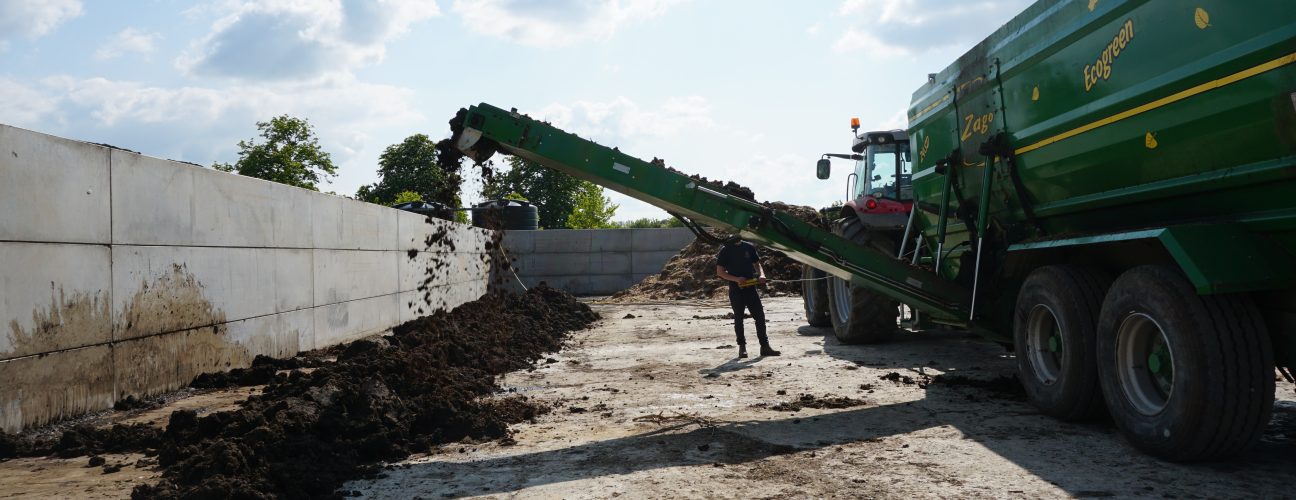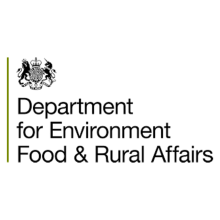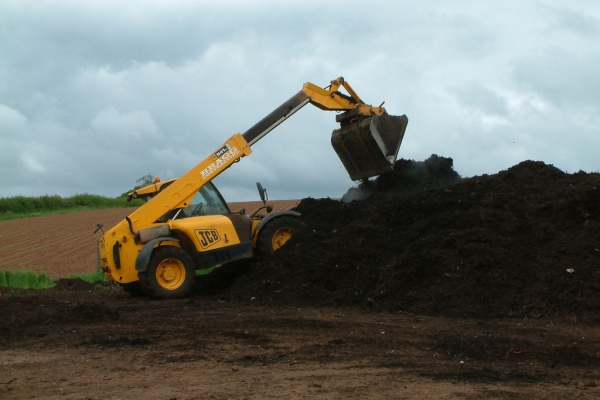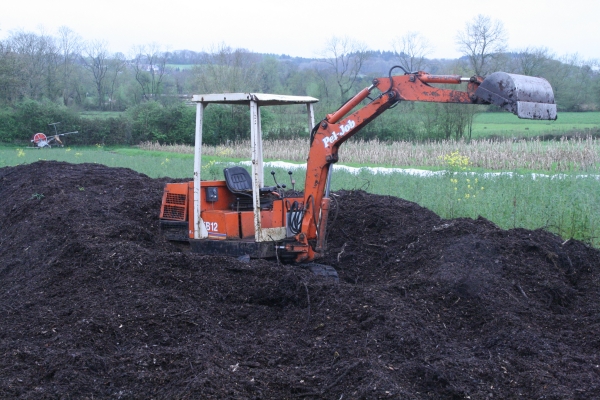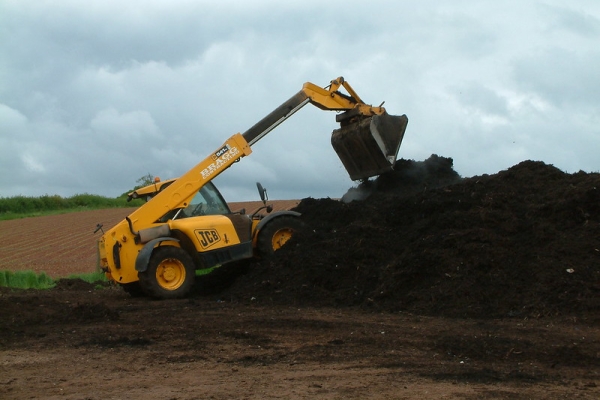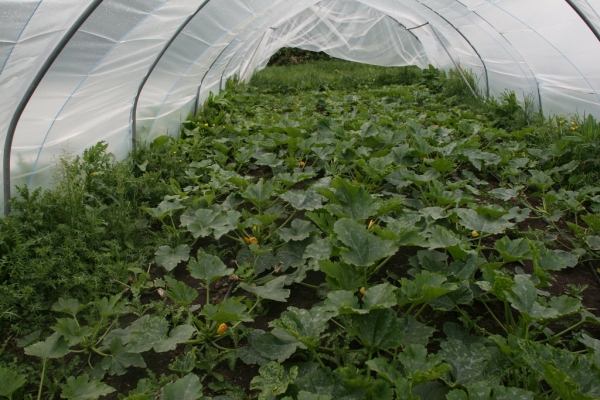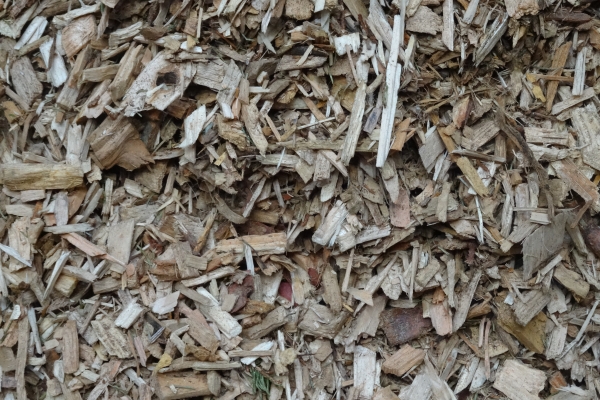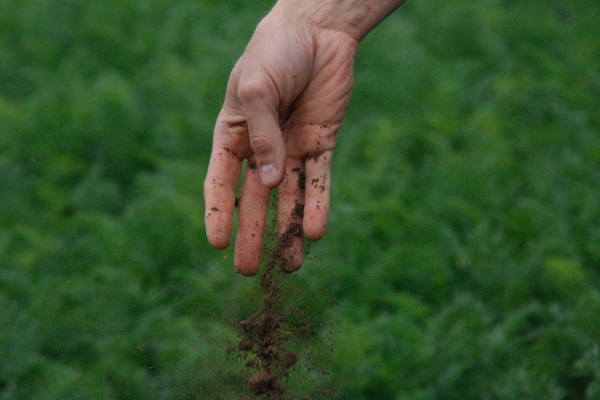Digestate and compost in agriculture
DC-Agri homepage
Resource explained
This webpage hosts practical information for a project aiming to help farmers, growers, advisors and agricultural contractors maximise the benefits of using digestate and compost as renewable fertilisers. Jointly funded by Defra, WRAP, WRAP Cymru and Zero Waste Scotland, the project has used replicated field experiments to demonstrate agronomic, safety and business cases for using digestate and compost in different ways. From this page you can access reports on the field experiments; project bulletins and tools and resources to help with fertiliser planning; short videos showing how to use compost and digestate to best effect; explanations of how the project has made a difference to British farming; free training material and resources explaining what compost and digestate are and how they can be integrated into nutrient management plans to grow healthy crops; and good practice guides to help you use digestate and compost safely and increase yields and farm income.
Findings & recommendations
- You can use digestate and compost to increase crop yields and reduce costs with no negative impact on crop quality.
- Compost can increase soil organic matter more quickly than other organic materials.
- Digestate is a valuable source of available plant nutrients. The DC-Agri project data will help you predict how much nitrogen digestate will supply to crops. The project bulletins (particularly 2, 3 and 5), give you updates on research undertaken on crop available nitrogen supply. They suggest that the high level of nitrogen availability can be taken into account in nutrient management plans and digestate can be used as a direct replacement for ‘bagged’ nitrogen fertiliser.
- The ‘Good practice guidance for farmers, growers and advisors‘ is a particularly useful resource. It includes ‘The Renewable Fertiliser Matrix’ which shows how digestate & compost can be used with different crops and a useful checklist to help with sourcing and using digestate and compost.
- The videos provide information on how repeated application of compost increases soil organic matter, improves soil nutrient availability and increases crop yields; using digestate to grow healthy crops, with advice on cost management and best application times and techniques; and what happens to nitrogen in digestate if good practice is not followed.
N.B. WRAP advise that the acceptability of food-based composts and digestates on organic farms is unclear. The organic certification bodies and AD and compost industries are working with Defra to clarify if and how this should change.
